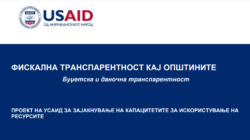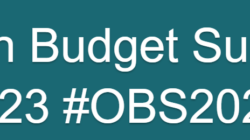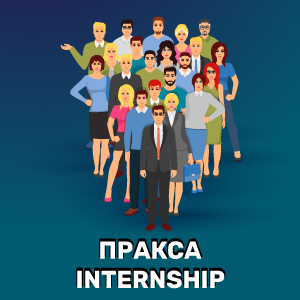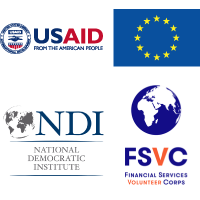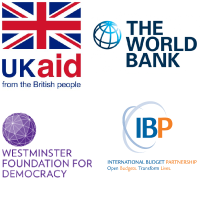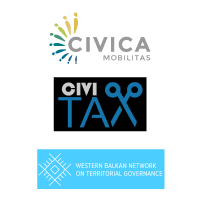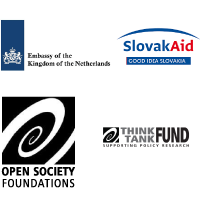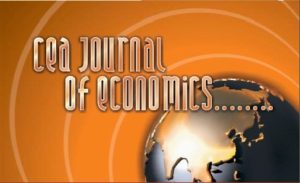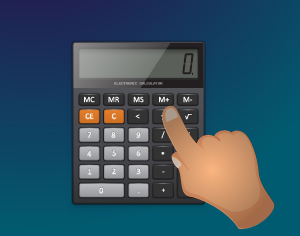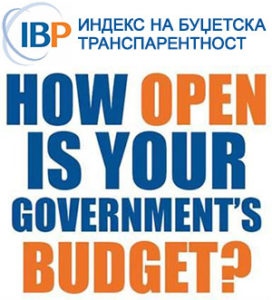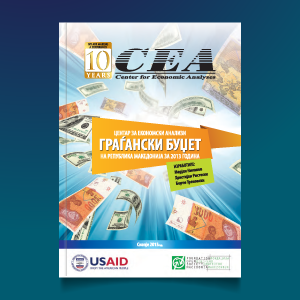The European Policy Institute (EPI) – Skopje, the Institute for Democracy “Societas Civilis” – Skopje and the Center for Economic Analyses, in cooperation with the Aspen Institute in Berlin, organize a round table under the title “A Euro-Atlantic Future for Macedonia?”, which will be held on Monday.
Speakers at the roundtable are the Minister of Foreign Affairs of the Republic of Macedonia, Mr. Nikola Dimitrov, Special Representative for Southeastern Europe, Turkey and the EFTA countries of FR Germany, Ambassador Dr. Christian Helbach, as well as Mr. Ruslan STEFANOV from the Center for the Study of Democracy in Sofia. Mr. Hristijan Mickoski, president of VMRO-DPMNE, is also invited as a speaker, but his participation has not yet been confirmed.
The focus of the discussion will be the upcoming referendum to be held on September 30, 2018, but also the role that Germany and other partners can play for the European future of Macedonia. The discussion will also focus on the impact of the progress of Macedonia on the region, as well as the insight from the neighboring countries that have joined the EU and NATO in the recent past.
Representatives from institutions, embassies, civil society organizations, political parties and independent experts are invited to take part in the round-table discussion.
Headlines:
- Hellbach: The success of the referendum is important for Germany
- Hellbach: You will stay Macedonians, you will speak Macedonian language and that’s guaranteed in the agreement
- Hellbach: Now is the moment to make the right decision
- Dimitrov: I’m confident that the referendum will succeed
- Hellbach: Parties to support the referendum, for Germany you will always be Macedonians
- Hellbach: You will continue to be Macedonians
- Referendum for entry into NATO and other alternatives for Macedonia
- German Diplomat: There is no “Plan B” for Macedonia
- If the referendum fails, in Macedonia comes the political and economic crisis
- The debates about the referendum on different tracks
Key messages sent through media:
Dimitrov is confident about the positive outcome of the referendum. In an event of failed referendum, it is not important if we have or have not early elections, since the country will have no future. “We have decided courageously, honestly and openly to solve the problems. We have managed to close one dispute which was dragging us back three decades, and open the gates of the future. It is about our stability, security, our financial welfare and access to the best reform tool there is – the EU accession talks. The solution is here, it is up to us to decide whether we go forward towards the future and integrations, or whether we go back towards isolation.”
“Of course the citizens will decide themselves, but we have a task to be honest and to come out and say ‘this is why we think this is a good thing for Macedonia’. This is not about the Government, or any political party. The question is about the future of Macedonia. And having no virtue and stating your view loud and clear on this is very irresponsible, in my own view.”
- Representative of the German MFA Christian Hellbach asked the citizens and political parties not to miss the chance, because there is no plan B. “Your country has a Euro-Atlantic perspective. Sadly, your European integration was stuck for too long because of the name dispute. This question lasts too long, and not only it dragged your country back, it was also painful for us. We have an interest for bringing your country closer to EU and NATO, and not only your country, but the whole WB, and that interest is grounded on the security aspect, foremost.” “This was the best news we got in the recent years from the WB, and we find the implementation of this Agreement very important. For us, you will stay Macedonians, speaking Macedonian language, and all of that is guaranteed in the agreement. We want to see you and be a part of Europe.”
He was also quoted on the message sent at the debate: “There is no need to hide behind internal politics. Yes, the decision of the opposition is very important, maybe the opposition will make difference on better or worse outcome, and that is really serious. The issue is not who is in power. It’s very simple. It is in our interest the referendum to succeed. We can’t say we don’t like the Agreement, but we want NATO and EU. Sadly, that’s the reality of the country and the region. It’s not only that we want you to be in the EU, it’s also our interest. So, whoever does something against our interest, they are not our friend. It’s that simple.
- The opposition agrees that the best choice for Macedonia is the Euro-Atlantic path, but it is not fair to seek national consensus when the Government does not accept any critique on its own account. This is counterproductive towards achieving a consensus. Asked about the VMRO-DPMNE position on the referendum, he said that if he was deciding, then he would consult the membership in the party, with the principle – one member, one vote. “It is very wrong if you have a difference between what the majority thinks and what the elite thinks. But when you do that, you have to openly inform them about the options. So, you would need to outline what are the bad sides of the Agreement, but also, to say what are the consequences of not implementing the Agreement.”

